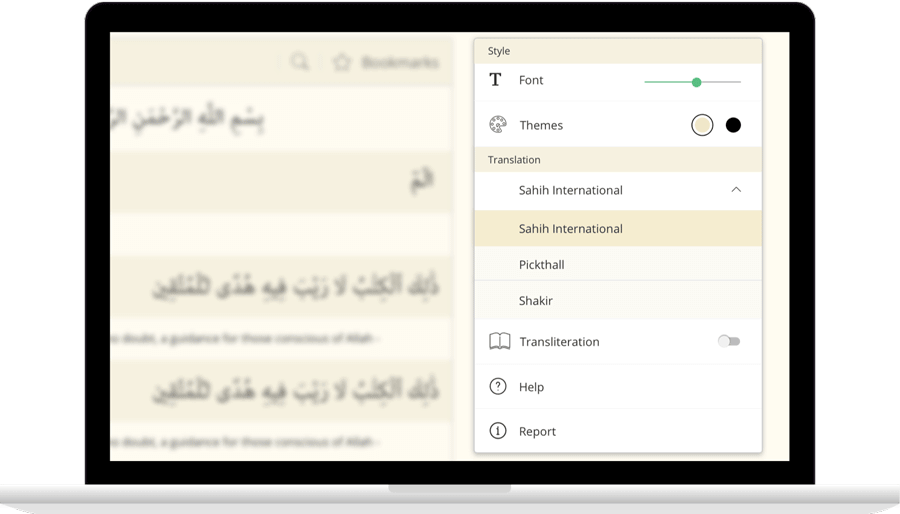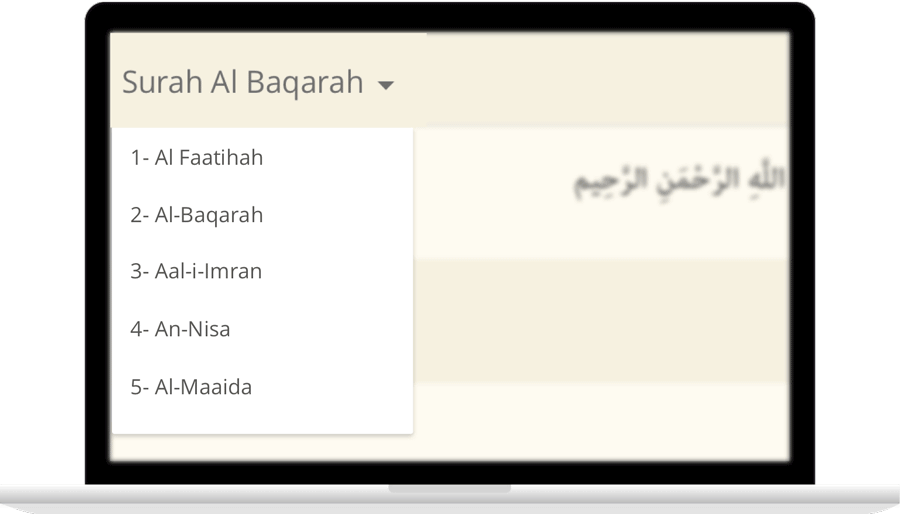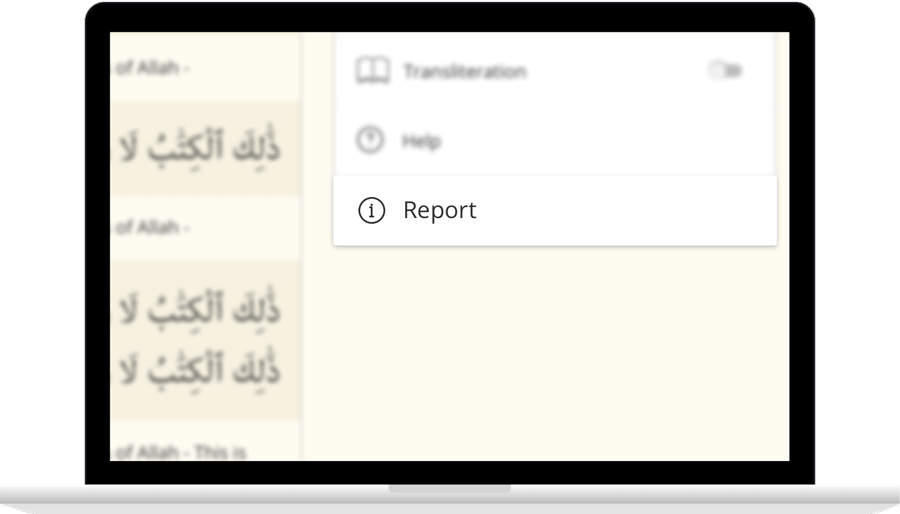Leer Surah NisaCon traducción
وَإِنْ خِفْتُمْ أَلَّا تُقْسِطُوا۟ فِى ٱلْيَتَٰمَىٰ فَٱنكِحُوا۟ مَا طَابَ لَكُم مِّنَ ٱلنِّسَآءِ مَثْنَىٰ وَثُلَٰثَ وَرُبَٰعَ فَإِنْ خِفْتُمْ أَلَّا تَعْدِلُوا۟ فَوَٰحِدَةً أَوْ مَا مَلَكَتْ أَيْمَٰنُكُمْ ذَٰلِكَ أَدْنَىٰٓ أَلَّا تَعُولُوا۟
وَءَاتُوا۟ ٱلنِّسَآءَ صَدُقَٰتِهِنَّ نِحْلَةً فَإِن طِبْنَ لَكُمْ عَن شَىْءٍ مِّنْهُ نَفْسًا فَكُلُوهُ هَنِيٓـًٔا مَّرِيٓـًٔا
وَلَا تُؤْتُوا۟ ٱلسُّفَهَآءَ أَمْوَٰلَكُمُ ٱلَّتِى جَعَلَ ٱللَّهُ لَكُمْ قِيَٰمًا وَٱرْزُقُوهُمْ فِيهَا وَٱكْسُوهُمْ وَقُولُوا۟ لَهُمْ قَوْلًا مَّعْرُوفًا
وَٱبْتَلُوا۟ ٱلْيَتَٰمَىٰ حَتَّىٰٓ إِذَا بَلَغُوا۟ ٱلنِّكَاحَ فَإِنْ ءَانَسْتُم مِّنْهُمْ رُشْدًا فَٱدْفَعُوٓا۟ إِلَيْهِمْ أَمْوَٰلَهُمْ وَلَا تَأْكُلُوهَآ إِسْرَافًا وَبِدَارًا أَن يَكْبَرُوا۟ وَمَن كَانَ غَنِيًّا فَلْيَسْتَعْفِفْ وَمَن كَانَ فَقِيرًا فَلْيَأْكُلْ بِٱلْمَعْرُوفِ فَإِذَا دَفَعْتُمْ إِلَيْهِمْ أَمْوَٰلَهُمْ فَأَشْهِدُوا۟ عَلَيْهِمْ وَكَفَىٰ بِٱللَّهِ حَسِيبًا
لِّلرِّجَالِ نَصِيبٌ مِّمَّا تَرَكَ ٱلْوَٰلِدَانِ وَٱلْأَقْرَبُونَ وَلِلنِّسَآءِ نَصِيبٌ مِّمَّا تَرَكَ ٱلْوَٰلِدَانِ وَٱلْأَقْرَبُونَ مِمَّا قَلَّ مِنْهُ أَوْ كَثُرَ نَصِيبًا مَّفْرُوضًا
وَإِذَا حَضَرَ ٱلْقِسْمَةَ أُو۟لُوا۟ ٱلْقُرْبَىٰ وَٱلْيَتَٰمَىٰ وَٱلْمَسَٰكِينُ فَٱرْزُقُوهُم مِّنْهُ وَقُولُوا۟ لَهُمْ قَوْلًا مَّعْرُوفًا
وَلْيَخْشَ ٱلَّذِينَ لَوْ تَرَكُوا۟ مِنْ خَلْفِهِمْ ذُرِّيَّةً ضِعَٰفًا خَافُوا۟ عَلَيْهِمْ فَلْيَتَّقُوا۟ ٱللَّهَ وَلْيَقُولُوا۟ قَوْلًا سَدِيدًا
إِنَّ ٱلَّذِينَ يَأْكُلُونَ أَمْوَٰلَ ٱلْيَتَٰمَىٰ ظُلْمًا إِنَّمَا يَأْكُلُونَ فِى بُطُونِهِمْ نَارًا وَسَيَصْلَوْنَ سَعِيرًا
يُوصِيكُمُ ٱللَّهُ فِىٓ أَوْلَٰدِكُمْ لِلذَّكَرِ مِثْلُ حَظِّ ٱلْأُنثَيَيْنِ فَإِن كُنَّ نِسَآءً فَوْقَ ٱثْنَتَيْنِ فَلَهُنَّ ثُلُثَا مَا تَرَكَ وَإِن كَانَتْ وَٰحِدَةً فَلَهَا ٱلنِّصْفُ وَلِأَبَوَيْهِ لِكُلِّ وَٰحِدٍ مِّنْهُمَا ٱلسُّدُسُ مِمَّا تَرَكَ إِن كَانَ لَهُۥ وَلَدٌ فَإِن لَّمْ يَكُن لَّهُۥ وَلَدٌ وَوَرِثَهُۥٓ أَبَوَاهُ فَلِأُمِّهِ ٱلثُّلُثُ فَإِن كَانَ لَهُۥٓ إِخْوَةٌ فَلِأُمِّهِ ٱلسُّدُسُ مِنۢ بَعْدِ وَصِيَّةٍ يُوصِى بِهَآ أَوْ دَيْنٍ ءَابَآؤُكُمْ وَأَبْنَآؤُكُمْ لَا تَدْرُونَ أَيُّهُمْ أَقْرَبُ لَكُمْ نَفْعًا فَرِيضَةً مِّنَ ٱللَّهِ إِنَّ ٱللَّهَ كَانَ عَلِيمًا حَكِيمًا
وَلَكُمْ نِصْفُ مَا تَرَكَ أَزْوَٰجُكُمْ إِن لَّمْ يَكُن لَّهُنَّ وَلَدٌ فَإِن كَانَ لَهُنَّ وَلَدٌ فَلَكُمُ ٱلرُّبُعُ مِمَّا تَرَكْنَ مِنۢ بَعْدِ وَصِيَّةٍ يُوصِينَ بِهَآ أَوْ دَيْنٍ وَلَهُنَّ ٱلرُّبُعُ مِمَّا تَرَكْتُمْ إِن لَّمْ يَكُن لَّكُمْ وَلَدٌ فَإِن كَانَ لَكُمْ وَلَدٌ فَلَهُنَّ ٱلثُّمُنُ مِمَّا تَرَكْتُم مِّنۢ بَعْدِ وَصِيَّةٍ تُوصُونَ بِهَآ أَوْ دَيْنٍ وَإِن كَانَ رَجُلٌ يُورَثُ كَلَٰلَةً أَوِ ٱمْرَأَةٌ وَلَهُۥٓ أَخٌ أَوْ أُخْتٌ فَلِكُلِّ وَٰحِدٍ مِّنْهُمَا ٱلسُّدُسُ فَإِن كَانُوٓا۟ أَكْثَرَ مِن ذَٰلِكَ فَهُمْ شُرَكَآءُ فِى ٱلثُّلُثِ مِنۢ بَعْدِ وَصِيَّةٍ يُوصَىٰ بِهَآ أَوْ دَيْنٍ غَيْرَ مُضَآرٍّ وَصِيَّةً مِّنَ ٱللَّهِ وَٱللَّهُ عَلِيمٌ حَلِيمٌ
Contact Us










